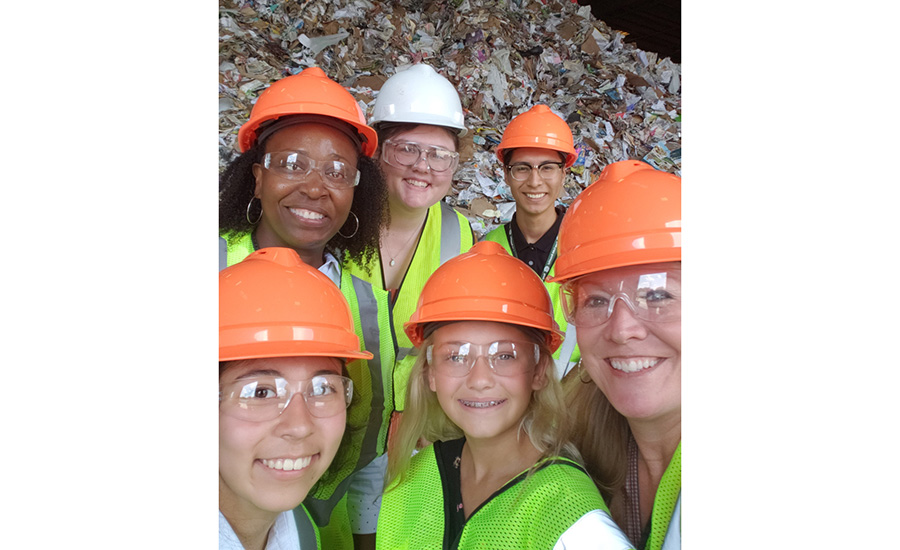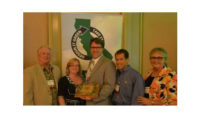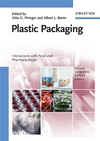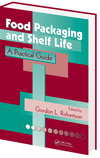Recycling systems and processing infrastructure in the U.S. are quickly falling behind ever-growing sustainability trends — something the “2020 Recycling Economic Information (REI) Report,” released by the U.S. Environmental Protection Agency (EPA), says is just one of many challenges facing recycling.
Recyclers are familiar with sorting used packaging according to whether or not the material is recyclable and then throwing the non-recyclable material into the trash. The Hefty EnergyBag program, designed by Dow and Reynolds Consumer Products, innovates a circular economy for hard-to-recycle plastics by converting them into valued resources. This is possible by incorporating curbside collection of these plastics into existing recycling efforts across the country — establishing a way for communities to contribute to the future of sustainability.
As of March 2020, the Hefty EnergyBag program has re-routed more than 2 million pounds of plastics. “The program has proven its ability to help divert hard-to-recycle plastics from landfills, reduce dependence on fossil fuels, increase efficiency at recycling facilities and improve the quality of other recycled materials,” says Jesus Atias, North America sustainability manager for Dow Packaging and Specialty Plastics.

Photos courtesy of Reynolds Consumer Products LLC
The program correlates with Dow’s recently launched sustainability targets, including enabling 1 million tons of plastic to be collected, reused or recycled by 2030 and making 100% of Dow products sold into packaging applications reusable or recyclable by 2035. “We all have a role to play in building a more sustainable future. This program is one tool in the kit as we work toward ending plastic waste and advancing plastics recycling technologies,” says Atias.
In 2018, Keep Cobb Beautiful, a nonprofit affiliate of Keep America Beautiful based in Cobb County, Ga., partnered with the Hefty EnergyBag program to supply 20,000 participating households with a free Hefty EnergyBag Kit. The county collaborated with Nexus Fuel, a manufacturing facility regulated under the Clean Air Act, WestRock Recycling and many others to implement the program. Atias says, “We work with program partners like Keep Cobb Beautiful to educate the local community about the program and what can and cannot be collected in the orange bags. This creates a strong call to action to work together to give new life to used plastics instead of sending them to landfill.”

Image courtesy of Keep Cobb Beautiful
Currently the entire county is able to participate, and has since collectively diverted more than 60,000 pounds of material from local landfills. Kimberly White, executive director of Keep Cobb Beautiful says, “Through continued education and community outreach with our program partners, residents have become more familiar with the program and contamination has steadily declined so that more of the collected material can be processed by Nexus.”

Photo courtesy of Reynolds Consumer Products LLC
After collection from local participating haulers, Cobb County’s Hefty orange bags are sorted and baled at WestRock Recycling. “An important benefit we’ve seen from the Hefty EnergyBag program is the reduction of plastic film and other plastic materials that cannot be recycled via curbside at our facility. This has had a direct impact on improving operations, reducing unplanned shutdowns and maintenance and improving quality for other recycled commodities,” says Nathan Nelson, general manager of WestRock.
Last, the hard-to-recycle plastics are sent to Nexus Fuels to be converted into feedstocks for plastics production through pyrolysis, typically resulting in the creation of virgin plastics and other circular chemical feedstocks. According to Jeff Gold, CEO of Nexus, pysolysis liquid can also be refined into products including gasoline, diesel, kerosene, heating oil and waxes.
“In November, Nexus announced that we’ll produce 66,000 tons (120 million pounds) of pyrolysis liquid made from the hard-to-recycle plastics collected through the program over the next four years. This will supply manufacturers with International Sustainability & Carbon Certification (ISCC) Plus-certified product from our plant in Atlanta,” says Gold. “Over the next year, we will also work with Cobb County to reach the goal of processing 100 tons (200,000 pounds) of hard-to-recycle plastics collected through the local program.”









